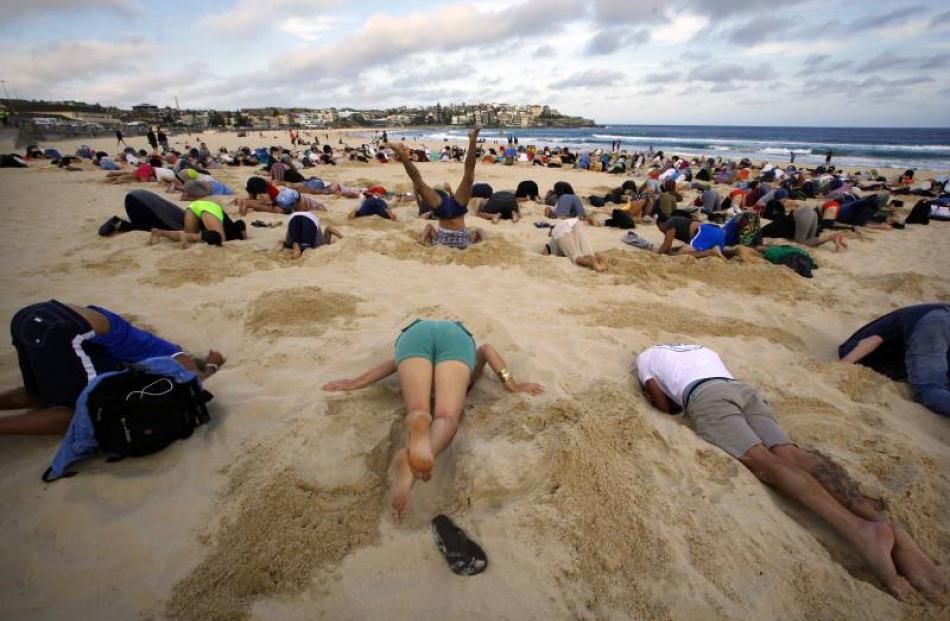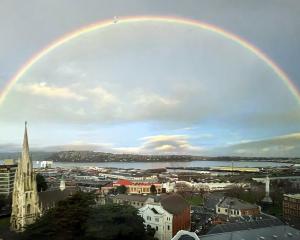It has been a momentous week for the future of the planet. At last week's G20 summit, China and the US pledged to reduce the rate at which they put carbon into the atmosphere.
Not only are these the world's two biggest emitters of carbon, they are also the biggest players in the developed-versus-developing-world argument about who is responsible for our present plight (answer: the developed world; that's how they got as rich as they are), and who should do something about it (''not us'' says the developing world, ''we want to be rich too'').
So when China and the US agree to put a care for the climate at the top of their agenda, and at a meeting devoted to promoting the economic growth that has done so much to damage the climate, the rest of us should take note that something important just happened.
Of course, what was promised last week is not enough. China will not actually start to reduce its emissions until 2030. According to the climate modellers at the Potsdam Institute, by 2024 at present emission rates, we will have reduced to just one in four our chances of keeping global warming below the 2degC that threatens radical and irreversible changes to the climate.
It is not enough, but what was important about the Brisbane announcement was the clear recognition, by the two most important shapers of our planet's future, that carbon's days are numbered.
So what is New Zealand doing to limit carbon emissions? What reputation do we have in the international community for a responsible approach to limiting climate change? You are not going to like the answers.
Between 1990 and 2011, our emissions of greenhouse gases increased 22%. To make matters worse, over the same period, New Zealand's ability to absorb carbon through land uses such as forestry more than halved. The combined effect of increased emissions and reduced absorption has been an increase of 88% in New Zealand's net contribution to greenhouse gas emissions.
But that is not the end of our shame. By a spectacular piece of sophistry, New Zealand gave to the world as its contribution to the Kyoto agreements the idea that we should calculate our emissions in 1990 exclusive of absorbing land-use effects (giving a 1990 total of 59.7 million tonnes) and compare them with 2011 levels inclusive of land-use effects, a total of 59.4 million tonnes. Wonder of wonders, on this phoney accounting, New Zealand's emissions actually fell by 1%!
New Zealand used to have a proud record of taking the lead in the world's great social realignments: universal suffrage in the 1890s, housing for all in the 1930s, nuclear free in the 1980s. On climate change we have so far been a free rider, and like all such, have tried to lie about it. Let us hope that we recover a little dignity by the time the world community meets again to tackle the climate problem in Paris next year.
- Colin Campbell-Hunt is a professor at the Otago Business School.
Each week in this column, one of a panel of writers addresses issues of sustainability.












